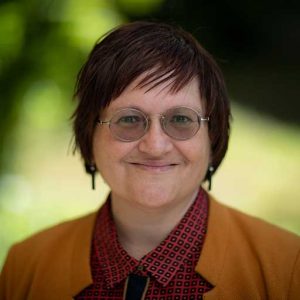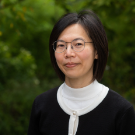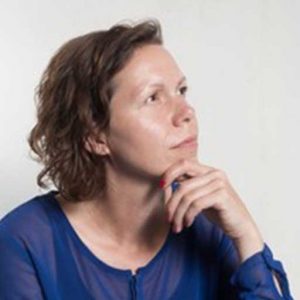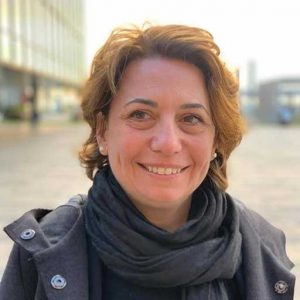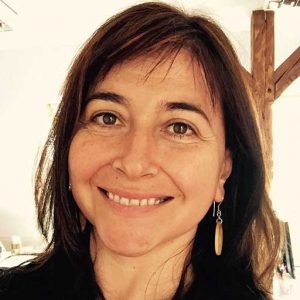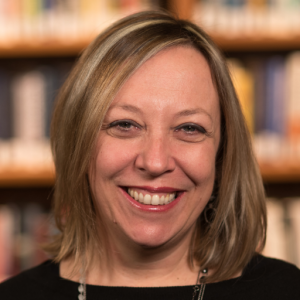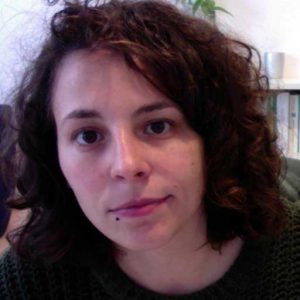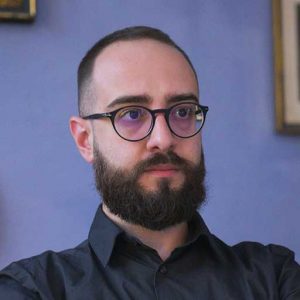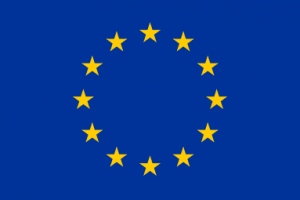We shed a light into these blind spots by combining the skills of our team and at the same time, by exploring what was happening in the different layers that interact in science education. We dug into the culture, into the conceptual paradigms and how institutions face the present and future in our field. Multiform sets of research methodologies were be put in place, in order to feed anticipatory polices that would mobilize visionary attitudes, sustainable and creative participation in science-related societal issues.
The University of Bologna (UNIBO) is the oldest university in the Western world, founded in 1088. UNIBO is today the most internationalised of all Italian universities. Among its missions, UNIBO invests in a multidisciplinary cross-cultural approach and in the inseparable connection between research and teaching.
The research group in Physics education at the Department of Physics and Astronomy “A. Righi” (DIFA) investigates a large span of themes, including interdisciplinary and multidimensionality in STEM topics (climate change, complex systems, quantum technologies), future thinking, conceptual change and identity, languages and narratives for science education, the role of history and philosophy of science in physics teaching.
In FEDORA a special collaboration with the Department of Philosophy and Communication Studies in UNIBO is established to investigate scientific argumentation and forms of knowledge organization.
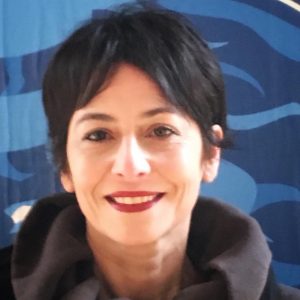
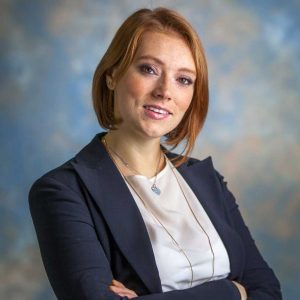
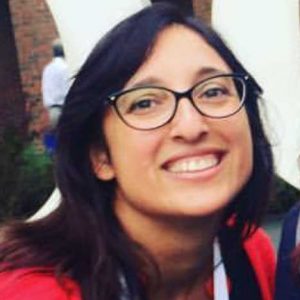
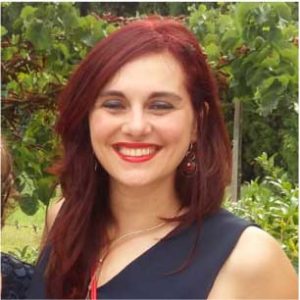
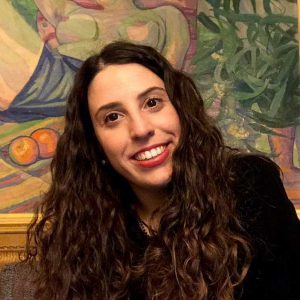
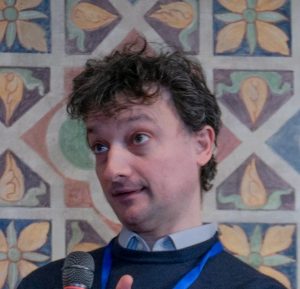
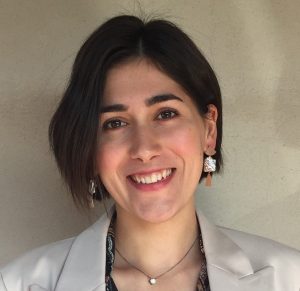
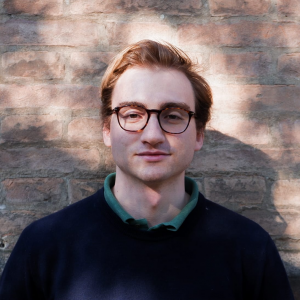
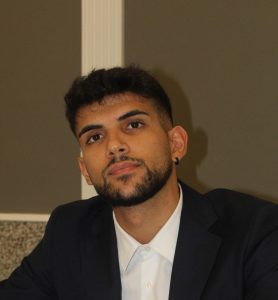

Kaunas University of Technology (est.1922) is the largest technological university in Lithuania and the Baltic States. The mission of KTU is to provide research-based studies of international level, to create and to transfer knowledge and innovative technologies for sustainable development and innovative growth of the country, to provide an open creative environment that inspires leaders and talented individuals.
The Faculty of Social Sciences, Arts and Humanities focuses on research and study excellence in educational sciences, media philosophy, music technologies, public governance, political studies, sociology, technical translation and localisation. The faculty has strong methodological competences and experience in coordinating implementation of international surveys such as European Social Survey and International Social Survey Programme with nationally representative samples. These competences are used in carrying out surveys and interviews on potential and limits of disciplinary and new forms of knowledge organization within FEDORA.
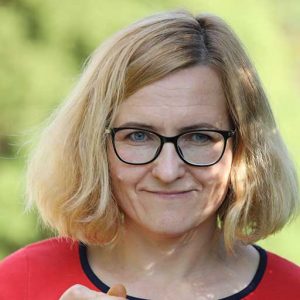

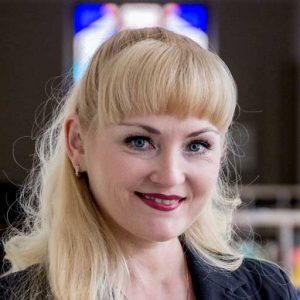
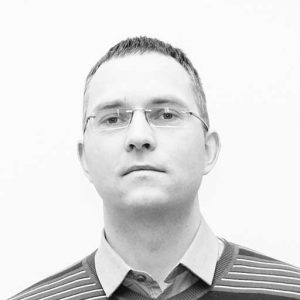
The University of Helsinki is Finland’s largest and oldest academic institution. Since 1640, it has contributed to the establishment of a fair and equal society that is considered the best in the world according to a number of indicators. Today, this multidisciplinary academic community solves problems that concern all of us, also on a global scale.
The internationally esteemed Faculty of Educational Sciences at the University of Helsinki is Finland’s leading unit of research and teaching in Educational Sciences and Teacher Education. Key areas of research are education, society and culture and learning and interaction.

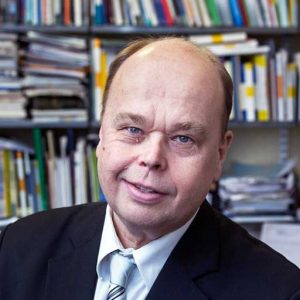

Academics and students at the Department of Education at Oxford are internationally renowned for their research which encompasses early years, primary and secondary levels of formal schooling, higher education, and into the workplace. The range of topics we study includes key themes such as the impact of socioeconomic status, educational effectiveness, parental engagement, being in care, multilingualism, digital education and ethics, assessment, vocational learning, internationalisation of education, to name just a few
